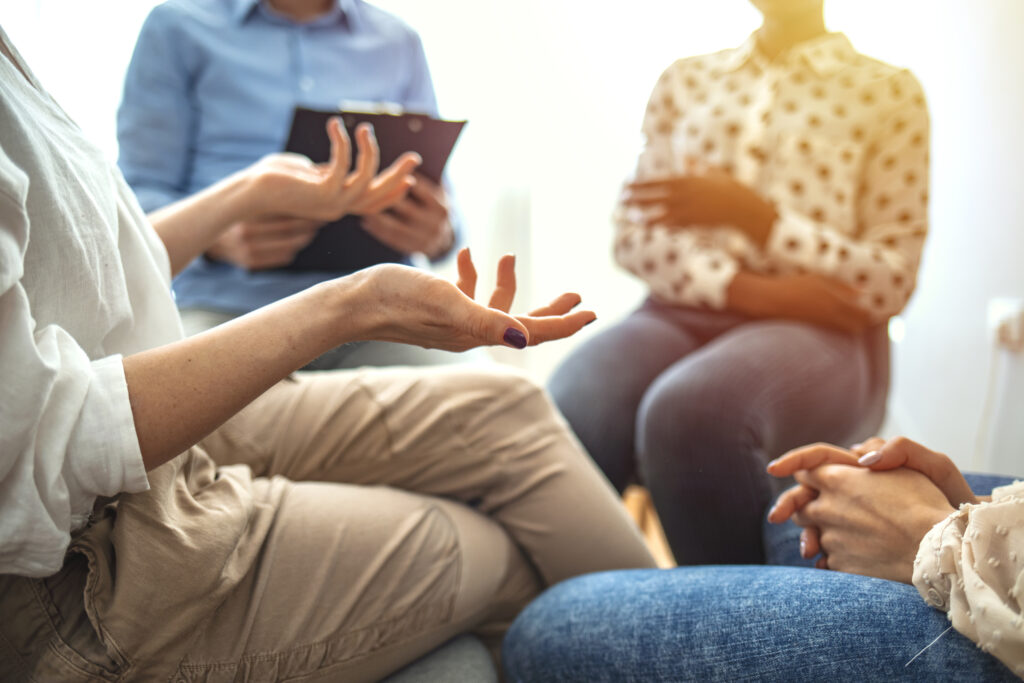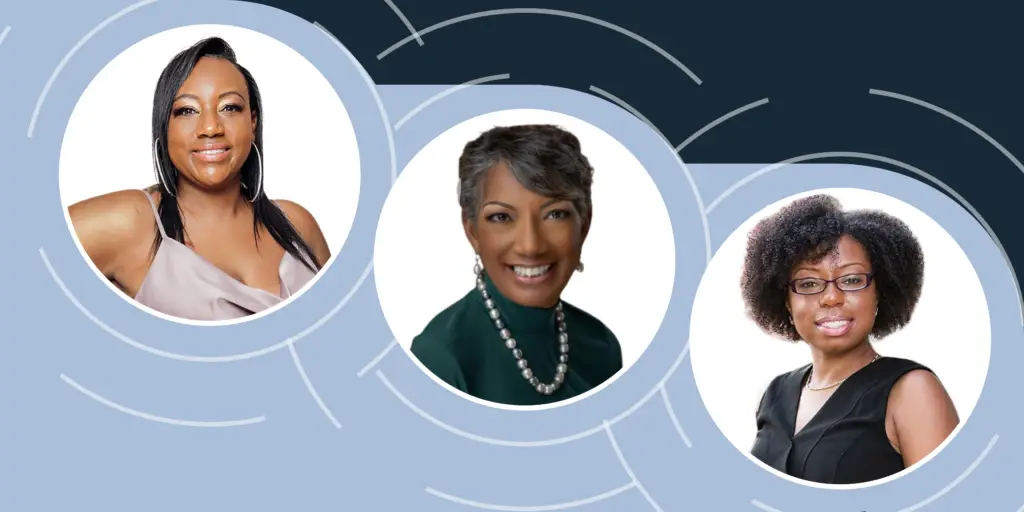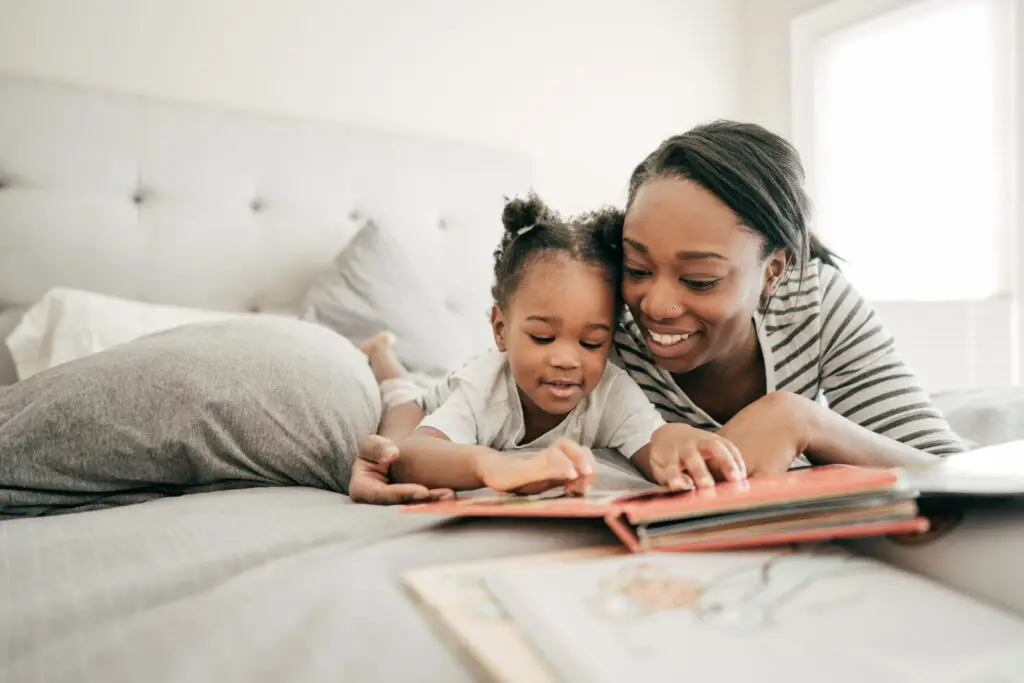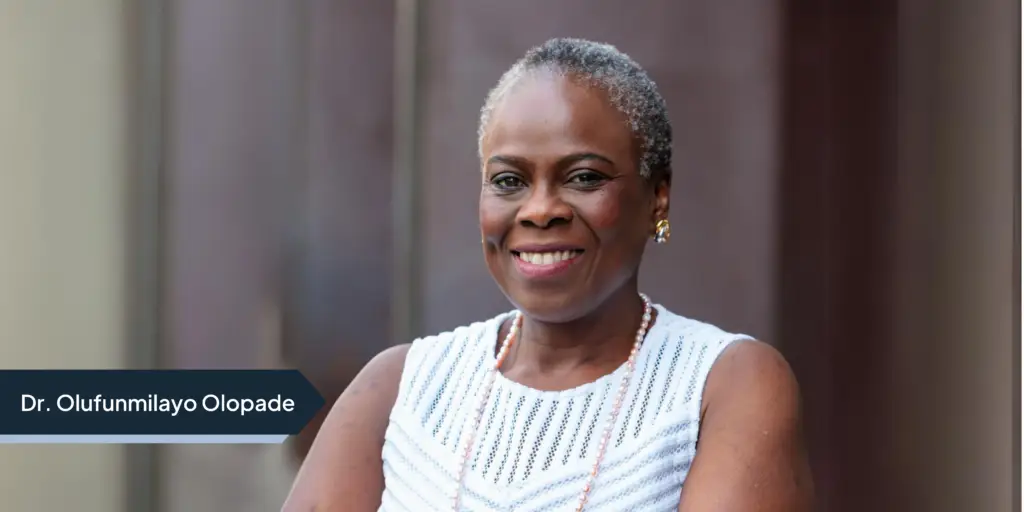Shortly after I was diagnosed with breast cancer, a worrisome CT scan suggested the worst-case scenario. Doctors suspected that the cancer had metastasized. Two surgeries and seven weeks passed while I waited to find out if the nodules on my lungs were cancerous. It was an exhausting and humbling time. About 6% of those diagnosed with breast cancer receive a de novo metastatic diagnosis which means that the cancer has already spread to other parts of the body. Metastatic breast cancer can be treated, but it can’t be cured.
In the end, my lung biopsy results came back negative. The nodules on my lungs weren’t cancer and I was given a diagnosis of stage 2 invasive ductal carcinoma. In most scenarios, receiving a stage 2 cancer diagnosis is not great news, but for me it was a huge relief and I was overwhelmed with gratitude for the hope it provided. But I couldn’t unknow all that I had learned about the unpredictability of this diagnosis and the knowledge that I would always have to carry the worry of a recurrence with me. As active treatment came to an end and everyone close to me celebrated, I felt crushed under the weight of anxiety and depression and carried heavy guilt for feeling this way. I felt entirely unprepared for the toll this experience would take on my mental health.
Survivorship was just the beginning of my mental health journey.
Many people believe that being a survivor means recovering from treatment, putting it in the past, and moving on with life. I used to think that, too. But it’s not true. Being a survivor is a journey that doesn’t have an endpoint. A cancer diagnosis changes us forever. For up to thirty percent of survivors, breast cancer returns after several years, even a decade or two from their original diagnosis, and researchers haven’t yet figured out why. Once it recurs, there is no cure. I will never reach a “safe zone”—when I can high-five my oncologist with the peace of mind that the cancer won’t come back.
Every headache or sore muscle fuels my anxiety. I can’t help but think my cancer is back. There’s a constant, looming fear that cancer is setting up shop in my lungs or bones. As survivors, our own bodies have ceased to be a safe place. More often than not, a cough is just a cold, and achy joints are nothing more than the result of getting older. But if you’ve had a cancer diagnosis, you’ll never be able to shrug off those minor symptoms the way you once did. In a way, it’s a loss of innocence, and it has permanently affected my relationship with my body and created chronic mental health challenges.
What’s helped me most in all of this is surrounding myself with the type of empathetic support only other cancer survivors can provide. Normalizing something that feels anything but normal helps to ease the burden we all feel as individuals. I’ve built a village of survivors around me, and that’s made all the difference. We talk candidly about “scanxiety,” PTSD, and the emotional toll this disease takes. We discuss treatments and side effects. We share pictures of our bald heads and wigs, mastectomies and reconstructed breasts. We encourage each other to exercise for the benefits to our bodies and our minds. We talk about fear: fear of recurrence, fear of leaving our children too soon or fear that we might not even have the chance to have children at all. In these connections, there is strength and a balm that soothes anxiety and lifts depression.
It’s not enough to survive; I want to thrive
In the faith I practice, we are taught that from those to whom much is given, much is expected. The awareness of how fortunate I’ve been has fueled my need to give back to this community. In fact, I recently changed jobs to join Outcomes4Me so that I can help empower a community of survivors and thrivers. This opportunity is a beautiful way to channel the omnipresent reality of cancer in a productive way that helps encourage and educate others to face their own diagnosis with more confidence than I had.
Cancer has brought me face-to-face with some of the darkest truths I’ve ever encountered. But it has also opened my heart in ways I didn’t even know I needed. The experience of reckoning with my own mortality has made life so much more beautiful. I came across this quote from another survivor some time ago, and I’ve never forgotten it: “We all know we are going to die. The difference is I believe it.” My faith is stronger. I feel more at peace with myself than I ever have. I find myself in awe of a million little things that I never even stopped to notice before. I see everything differently now: the value in every person I meet, the beauty in every sunset.
And that’s where I am now: a survivor, and a thriver too. I am hopeful. I am grateful. I am joyful. I am changed.I look forward to the rest of my life with humility and positivity, and I am open to all the redirections life still has in store for me.
Related Topics
Evidence-based guidance powered by NCCN Guidelines®
Personalized treatment plans shaped by the latest oncology standards—tailored to your diagnosis.
Get started
View your personalized treatment plan in the Outcomes4Me app
Use your diagnosis to unlock personalized NCCN Guidelines®-aligned recommendations.
Continue in app
Personalized support for real care decisions
Understand your diagnosis, explore clinical trials, and track symptoms--all in one place.
Get started
Compare treatments, prepare for appointments, and track side effects—all in the app
Built for your diagnosis, Outcomes4Me gives you the tools to make confident, informed decisions—right when you need them.
Continue in app






